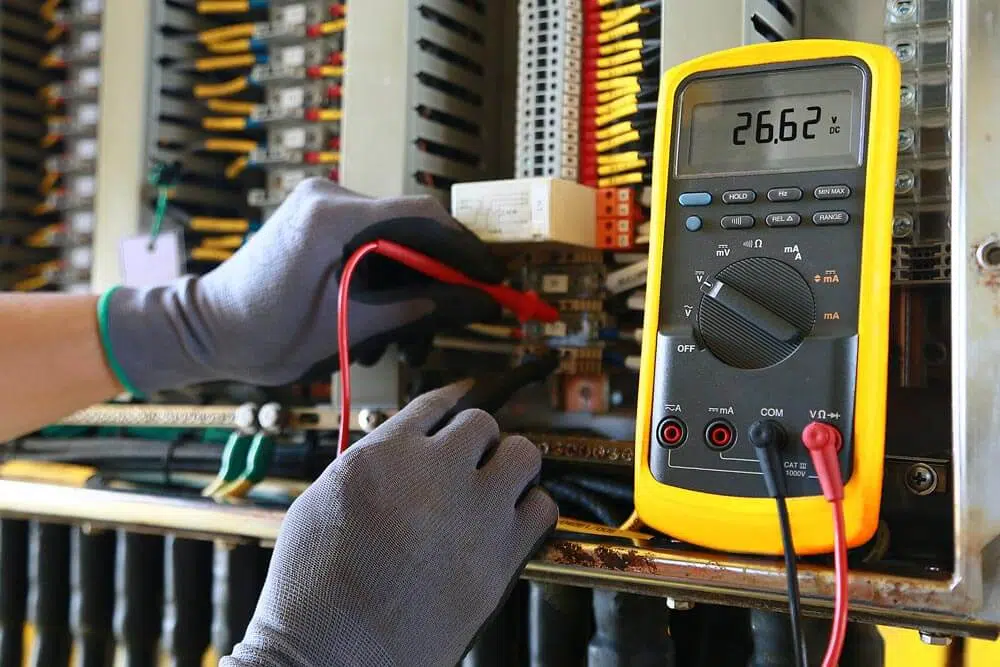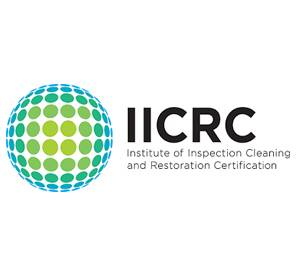Welcome to the world of modern commercial buildings, where low-voltage wiring is the unsung hero behind seamless connectivity and efficient operations. In this blog post, we will delve into the importance of low-voltage wiring in commercial settings and why partnering with an electrical contractor is crucial for ensuring a reliable network. So, grab your hard hat, and let’s explore how this technology is shaping the future of commercial spaces!
The Benefits of Low Voltage Wiring in Commercial Buildings
Low-voltage wiring offers a plethora of benefits for commercial buildings, making it a game-changer in the world of connectivity and efficiency. One significant advantage is its cost-effectiveness, as low-voltage systems consume less power compared to traditional high-voltage setups. This translates to lower energy bills and reduced operational expenses for businesses.
Moreover, low voltage wiring is known for its safety features, minimizing the risk of electrical hazards and ensuring a secure environment for occupants. Additionally, these systems are flexible and easy to install, allowing for seamless integration with various devices and technologies within the building.
Low-voltage wiring can support smart technology applications such as lighting controls, security systems, and HVAC automation, enhancing overall productivity and convenience in commercial settings. It paves the way for streamlined operations and improved communication throughout the building infrastructure.
Common Uses for Low Voltage Wiring in Commercial Buildings
Low-voltage wiring plays a crucial role in powering various systems and technologies within commercial buildings. One common use for low-voltage wiring is lighting control systems, which allow businesses to adjust lighting levels based on occupancy or time of day, ultimately saving energy and reducing costs.
Another frequent application is security systems, including CCTV cameras, access control panels, and alarm systems. These systems rely on low-voltage wiring to ensure continuous monitoring and protection of the premises.
Moreover, low-voltage wiring is essential for telecommunications infrastructure within commercial buildings. This includes data networks, phone lines, and Wi-Fi connectivity—all vital components for modern businesses to operate efficiently.
In addition to these uses, low-voltage wiring supports audiovisual equipment, such as speakers and projectors, in conference rooms or public areas. Its flexibility and reliability make it indispensable for enhancing the functionality and efficiency of commercial spaces.
The Role of an Electrical Contractor in Low Voltage Wiring
When it comes to low-voltage wiring in commercial buildings, the role of an electrical contractor is crucial. These professionals are trained and experienced in handling intricate wiring systems that power essential building functions.
Electrical contractors play a key role in designing, installing, and maintaining these setups. They ensure that all components work seamlessly together to support various technologies, such as security systems, lighting controls, HVAC systems, and communication networks.
Additionally, electrical contractors are responsible for troubleshooting issues with the wiring system. Their expertise lets them quickly identify and resolve problems to minimize downtime and keep operations running smoothly.
By hiring a reputable electrical contractor for your project, you can rest assured that the low-voltage wiring in your commercial building is safe, reliable, and up to code. Their knowledge of industry standards and regulations ensures compliance with all guidelines for optimal performance.
Conclusion,
Choosing the right electrical contractor is essential when implementing wiring solutions in commercial buildings. Their specialized skills and attention to detail make them indispensable partners in creating efficient and effective electrical systems tailored to your needs.
Choosing the Right Electrical Contractor for Your Project
When it comes to low-voltage wiring in commercial buildings, choosing the right electrical contractor is crucial for the success of your project.
First and foremost, look for a contractor with experience and expertise in low-voltage systems. They should have a proven track record of successfully completing similar projects.
The electrical contractor must also have proper licensing and certifications to adhere to industry standards and regulations.
Communication is vital when selecting an electrical contractor. Choose someone who will listen to your needs, provide clear explanations, and keep you informed throughout the project.
Consider getting multiple quotes from different contractors to compare pricing, but remember that quality should always be prioritized over cost.
Trust your instincts when choosing an electrical contractor. Choose a professional who makes you feel confident in their abilities to deliver a top-notch it solution for your commercial building.
The Future of Low Voltage Wiring and Its Impact on Commercial Buildings
As technology advances and the demand for smart buildings increases, it will continue to play a crucial role in commercial buildings. The future of this is bright, with innovations such as IoT devices, energy management systems, and building automation becoming more prevalent.
These advancements improve the efficiency and sustainability of commercial spaces and enhance the overall occupant experience. As a result, it is essential for businesses to stay ahead of the curve by investing in quality low-voltage wiring solutions.
By partnering with an experienced electrical contractor who understands the complexities of low-voltage systems, businesses can ensure that their commercial buildings are equipped to meet current needs while being prepared for future technological developments. With the right expertise and guidance, companies can maximize the benefits of low-voltage wiring and create smarter, more efficient work environments for years to come.
Here are some key ways it will impact commercial buildings in the future:
- Increased Demand for Smart Building Solutions
The rise of IoT devices and building automation systems has led to a growing demand for intelligent building solutions. These systems rely on low-voltage wiring to connect and control various devices throughout a building, such as lighting, HVAC, security, and more.
As technology becomes more advanced and affordable, the adoption of these smart building solutions is expected to increase significantly. This means that it will be essential for businesses looking to integrate these systems into their commercial buildings.
- Improved Energy Efficiency
One of the main benefits of innovative building solutions is improved energy efficiency. By connecting various devices through low-voltage wiring, businesses can monitor and control their energy usage in real-time, leading to significant cost savings.
Energy management systems, enabled by low voltage wiring, allow businesses to track energy consumption patterns and adjust settings accordingly to reduce waste. This not only reduces operating costs but also helps companies meet sustainability goals.
- Enhanced Occupant Experience
With the increasing demand for flexible workspaces and a focus on employee well-being, the occupant experience has become a top priority for many businesses. Low voltage wiring plays a crucial role in creating smarter.







